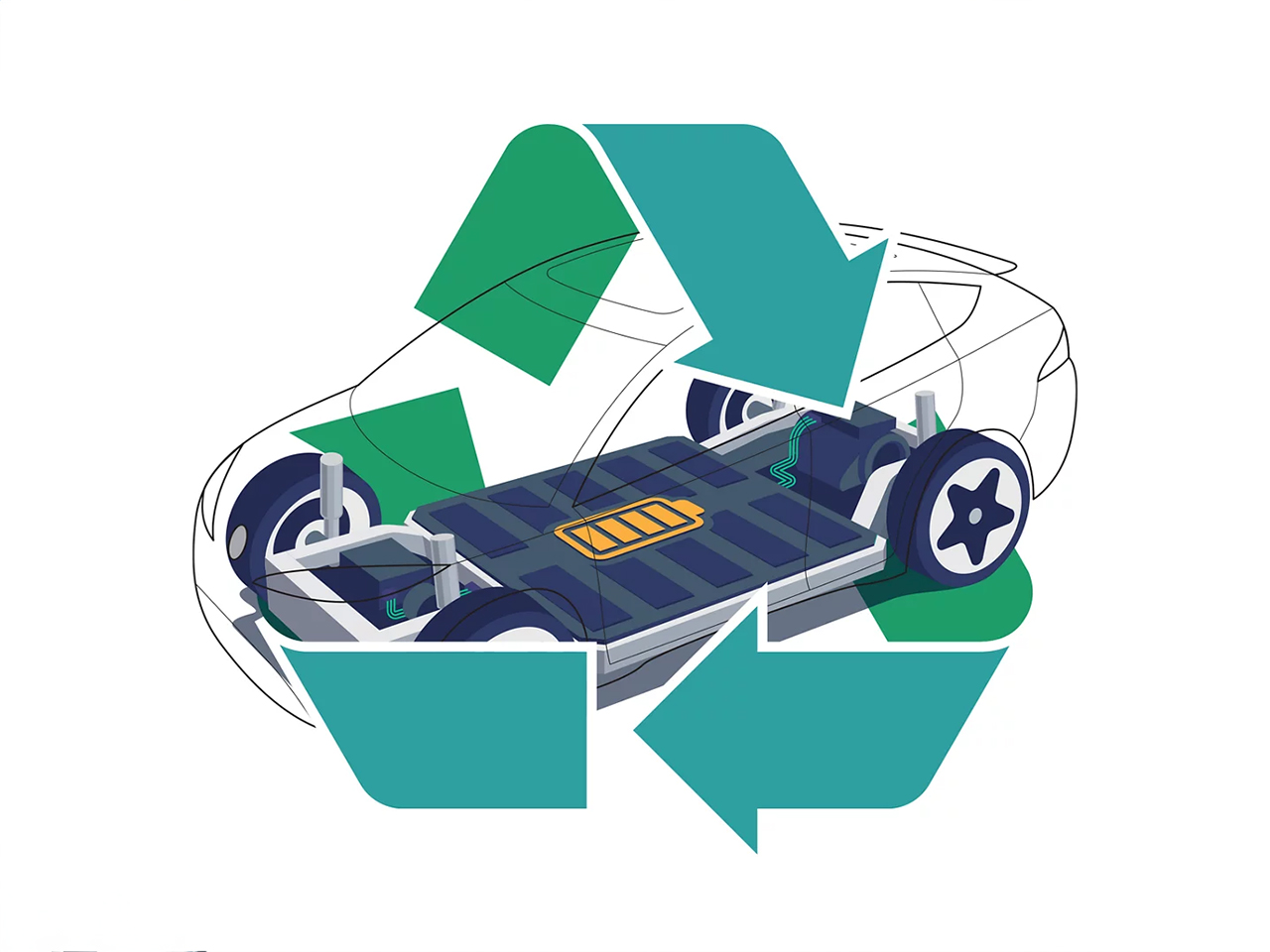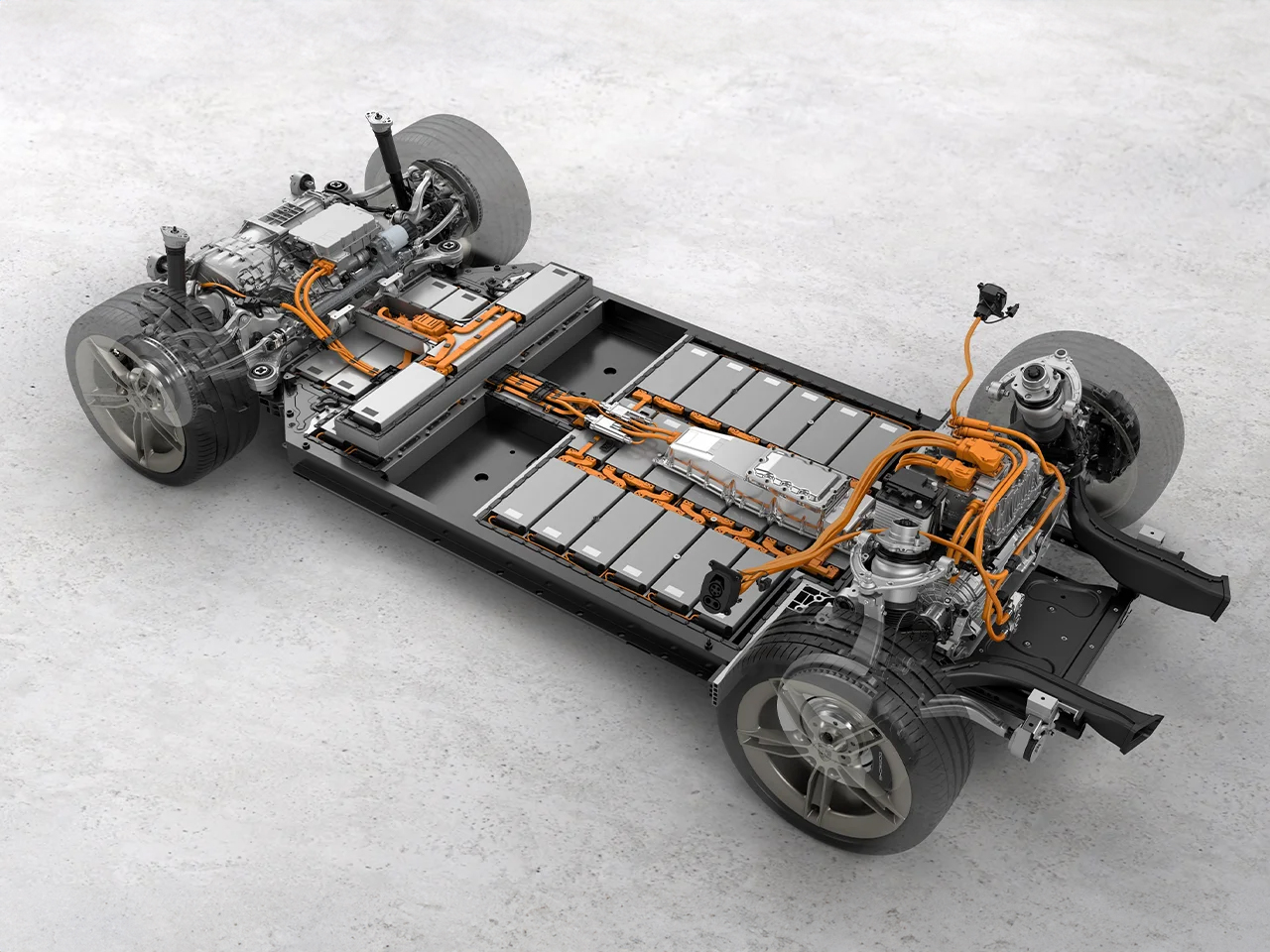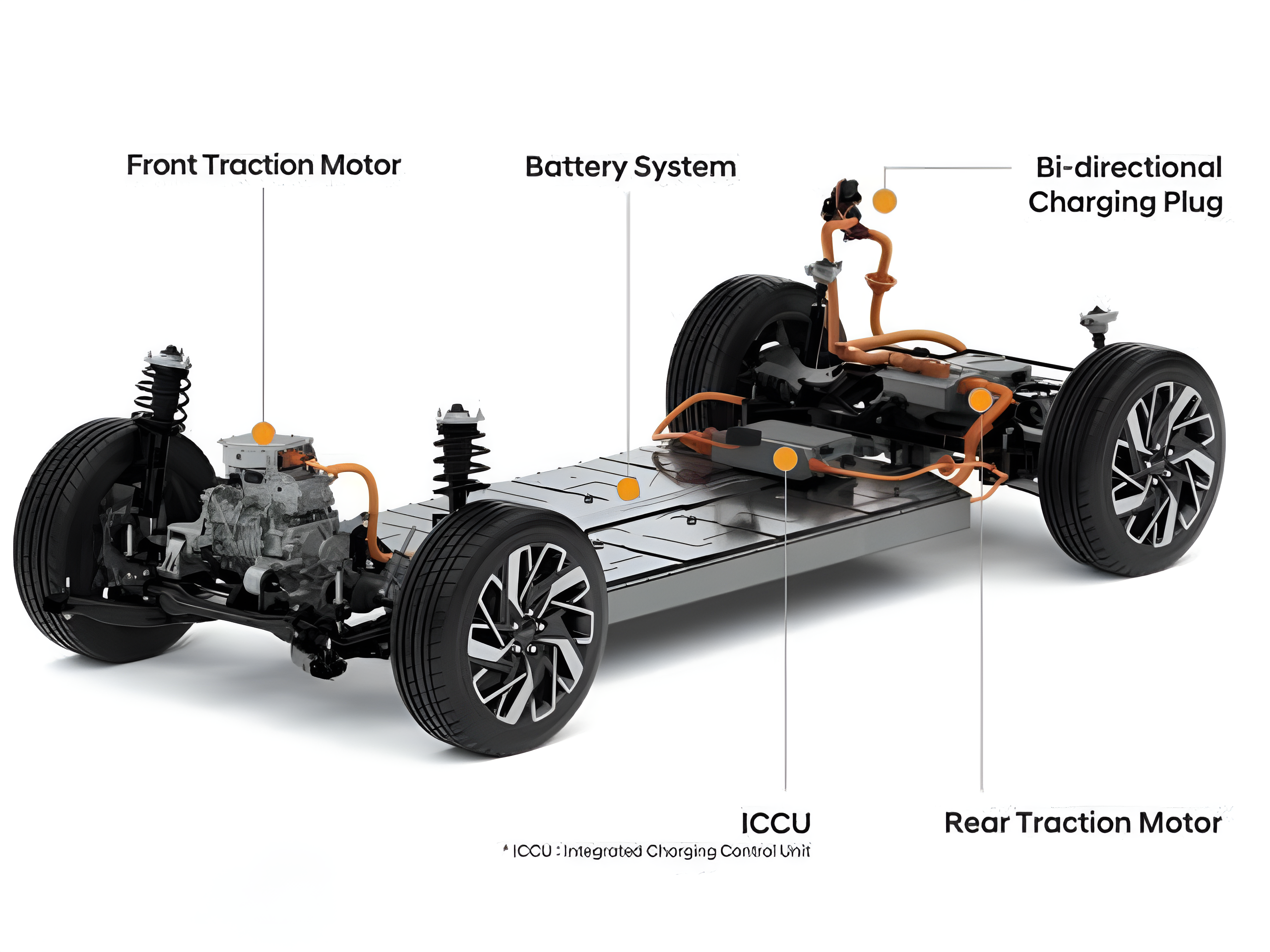India are Solving the EV Battery Recycling Problem
How Indian Startups are Solving the EV Battery Recycling Problem
Published On Dec 10, 2024 06:15:34 PMAs India accelerates its transition to electric vehicles (EVs), a major challenge looms—battery recycling and disposal. With EV adoption rising, managing used lithium-ion batteries is becoming a pressing issue. While global players have established recycling ecosystems, Indian startups are stepping up with innovative solutions to tackle the challenges of battery waste, raw material recovery, and environmental sustainability. This article explores how homegrown companies are addressing India's EV battery recycling problem.
The Growing Need for Battery Recycling in India
India aims to achieve 30% EV penetration by 2030, which means a massive influx of lithium-ion batteries into the market. Since these batteries typically last 5-8 years, the country is expected to generate millions of tonnes of battery waste in the coming years. Improper disposal can lead to hazardous environmental consequences, including soil and water contamination. Moreover, India currently imports over 70% of its lithium requirements, making recycling crucial for resource recovery and supply chain security.
How Indian Startups are Innovating in Battery Recycling
1. Attero Recycling: Pioneering Battery Recovery in India
One of India's leading electronic waste management firms, Attero Recycling, has developed proprietary lithium-ion battery recycling technology. The company extracts valuable materials like cobalt, nickel, and lithium from discarded batteries and supplies them back into the supply chain. Attero claims to achieve over 98% metal recovery, making it one of the most efficient recyclers globally. Its closed-loop recycling process helps India reduce its dependency on imported raw materials.
2. Lohum Cleantech: Sustainable Second-Life Battery Solutions
Lohum Cleantech focuses on a dual approach—battery reuse and recycling. The company refurbishes old EV batteries for use in energy storage applications, extending their lifecycle. Additionally, its hydrometallurgical recycling process extracts and refines key materials like lithium and manganese. By using eco-friendly techniques, Lohum aims to create a sustainable and circular battery economy.
3. Metastable Materials: AI-Driven Battery Recycling
Metastable Materials, a Bengaluru-based startup, is leveraging artificial intelligence and deep tech to streamline battery recycling. The company uses automated sorting and chemical-free extraction methods to efficiently recover metals from used batteries. By minimizing waste and pollution, Metastable is helping build a more sustainable EV ecosystem in India.
4. BatX Energies: Turning Waste Batteries into Value
BatX Energies specializes in urban mining, extracting precious materials from spent EV batteries. The company has developed an innovative battery disassembly process that minimizes energy consumption and optimizes resource recovery. BatX aims to bridge the gap between EV manufacturers and recyclers, ensuring seamless battery disposal and reuse.
Challenges in Scaling Battery Recycling in India
Despite the progress made by startups, several roadblocks hinder large-scale EV battery recycling:
-
Lack of Collection Infrastructure: India lacks a structured battery take-back system, making it difficult to collect used batteries efficiently.
-
High Recycling Costs: Setting up advanced recycling plants requires significant investment, making it financially challenging for startups.
-
Regulatory Uncertainty: While the Battery Waste Management Rules 2022 encourage recycling, clear guidelines and enforcement are needed to streamline operations.
-
Limited Public Awareness: Many consumers are unaware of the importance of proper battery disposal, leading to increased e-waste mismanagement.
Government Policies and Future Prospects
To boost India's battery recycling ecosystem, the government has introduced initiatives like:
-
PLI Scheme for Advanced Chemistry Cells (ACC): Encouraging local battery manufacturing and recycling
-
Battery Waste Management Rules 2022: Mandating responsible disposal and material recovery by battery producers.
-
Incentives for Recycling Startups: Financial and policy support for companies investing in battery repurposing.
With increased investments, policy support, and technological advancements, India is poised to build a robust battery recycling industry. Encouraging collaborations between EV makers, recyclers, and policymakers will be crucial for a sustainable future.
Conclusion
Indian startups are playing a pivotal role in addressing the EV battery recycling challenge. Companies like Attero, Lohum, and Metastable Materials are driving innovation through cutting-edge recycling technologies, second-life battery applications, and sustainable extraction methods. While challenges remain, strong government policies and industry collaborations can help India build a self-reliant and eco-friendly battery ecosystem. As the country gears up for a greener future, battery recycling will be a key pillar of India’s EV revolution.
Popular Articles:
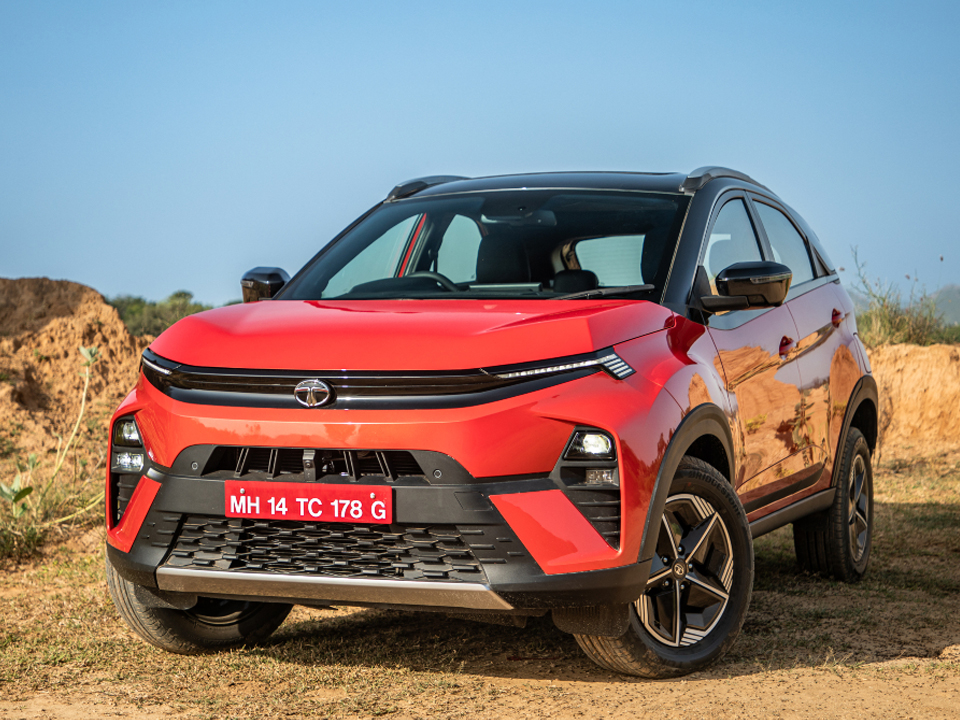 45k+ Views
45k+ Views
Tata Nexon
The Tata Nexon is one of India's most popular compact SUVs, known for its bold design etc...
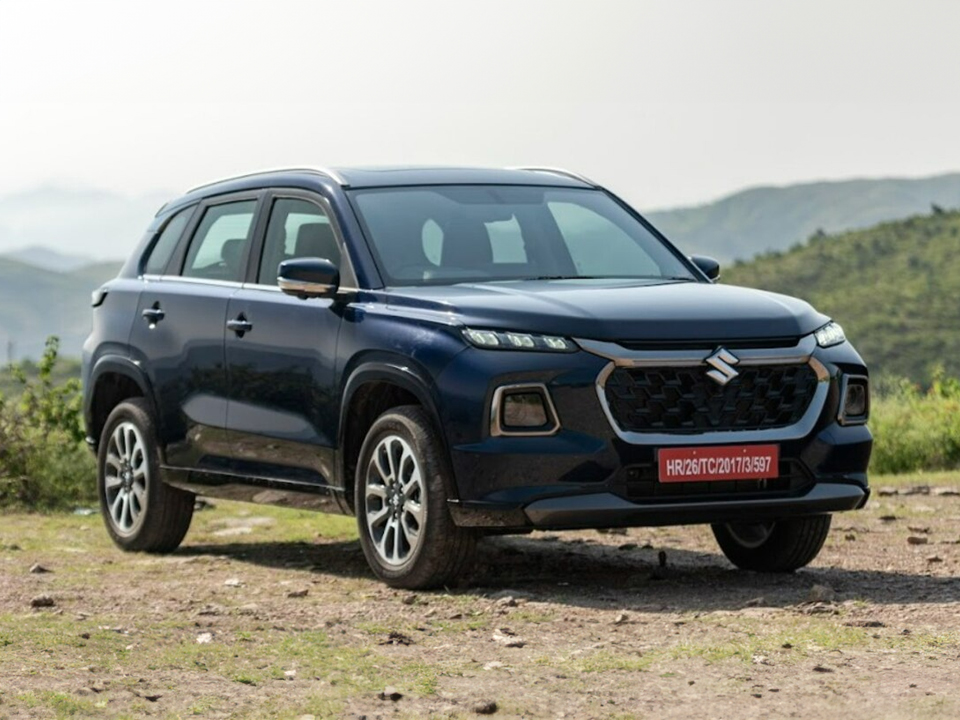 45k+ Views
45k+ Views
Maruti Suzuki Grand Vitara
The Maruti Suzuki Grand Vitara is a game-changer in the mid-size SUV segment, etc...
 45k+ Views
45k+ Views
Mercedes-Benz G-Class
The Mercedes-Benz G-Class, also known as the G-Wagon, is an iconic SUV etc...
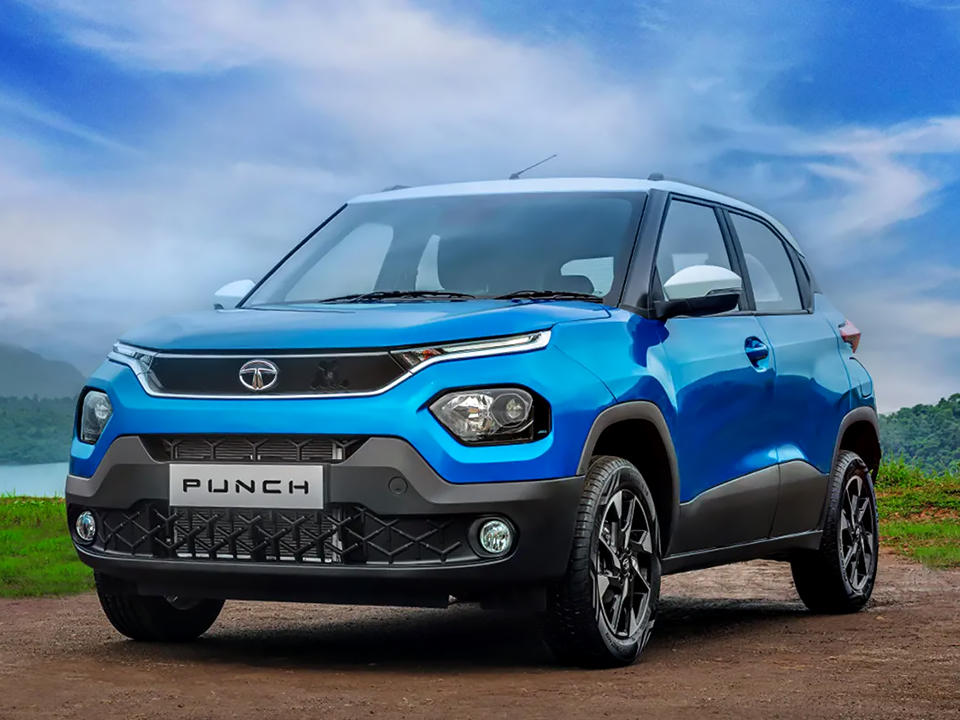 45k+ Views
45k+ Views
Tata Punch
The Tata Punch has revolutionized the compact SUV segment in India, offering a perfect mix of affordability etc...
Popular Articles:
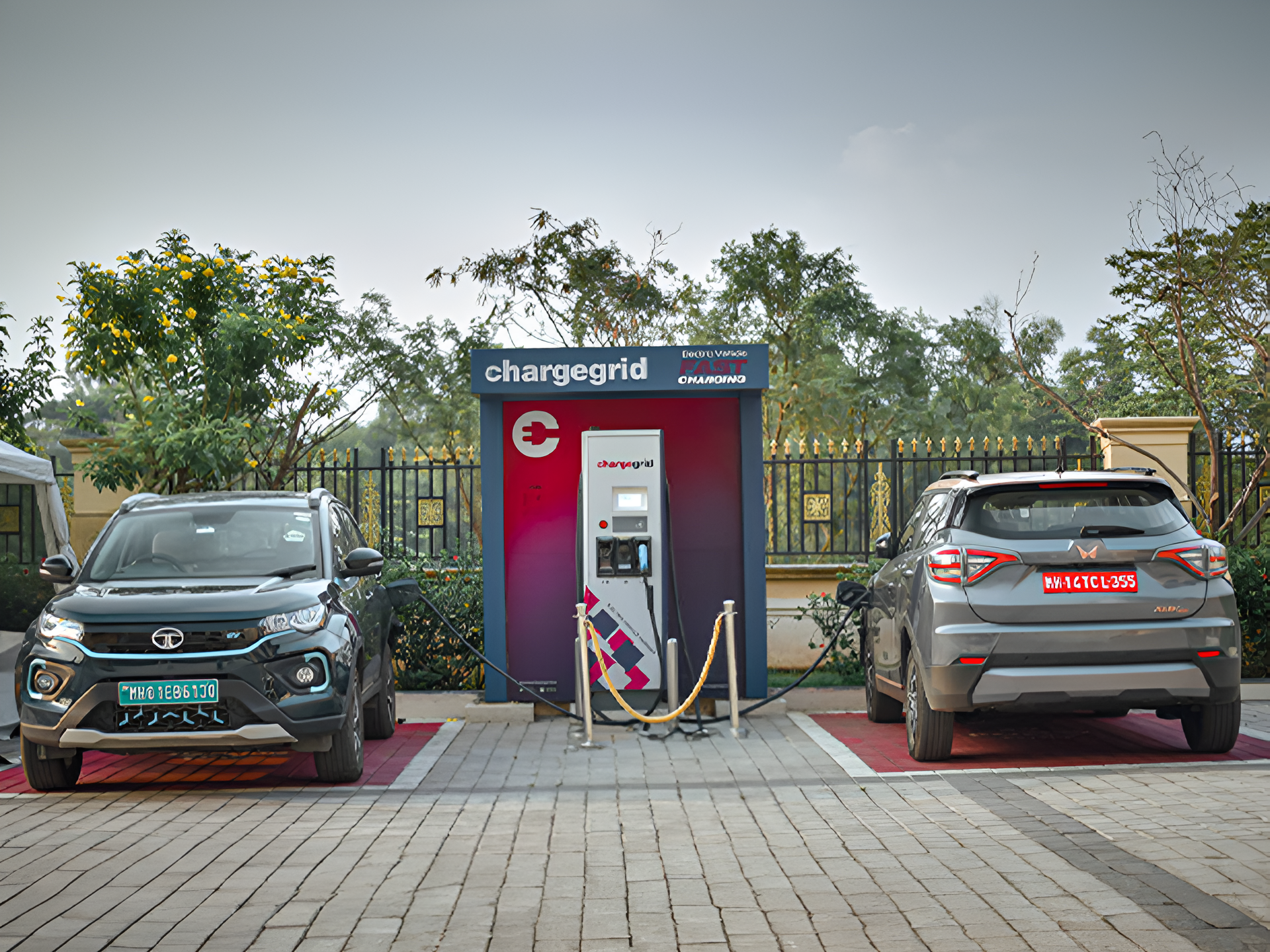
India is Pushing EV Adoption
India is the Faster Adoption and Manufacturing of Hybrid and Electric Vehicles (FAME) scheme.
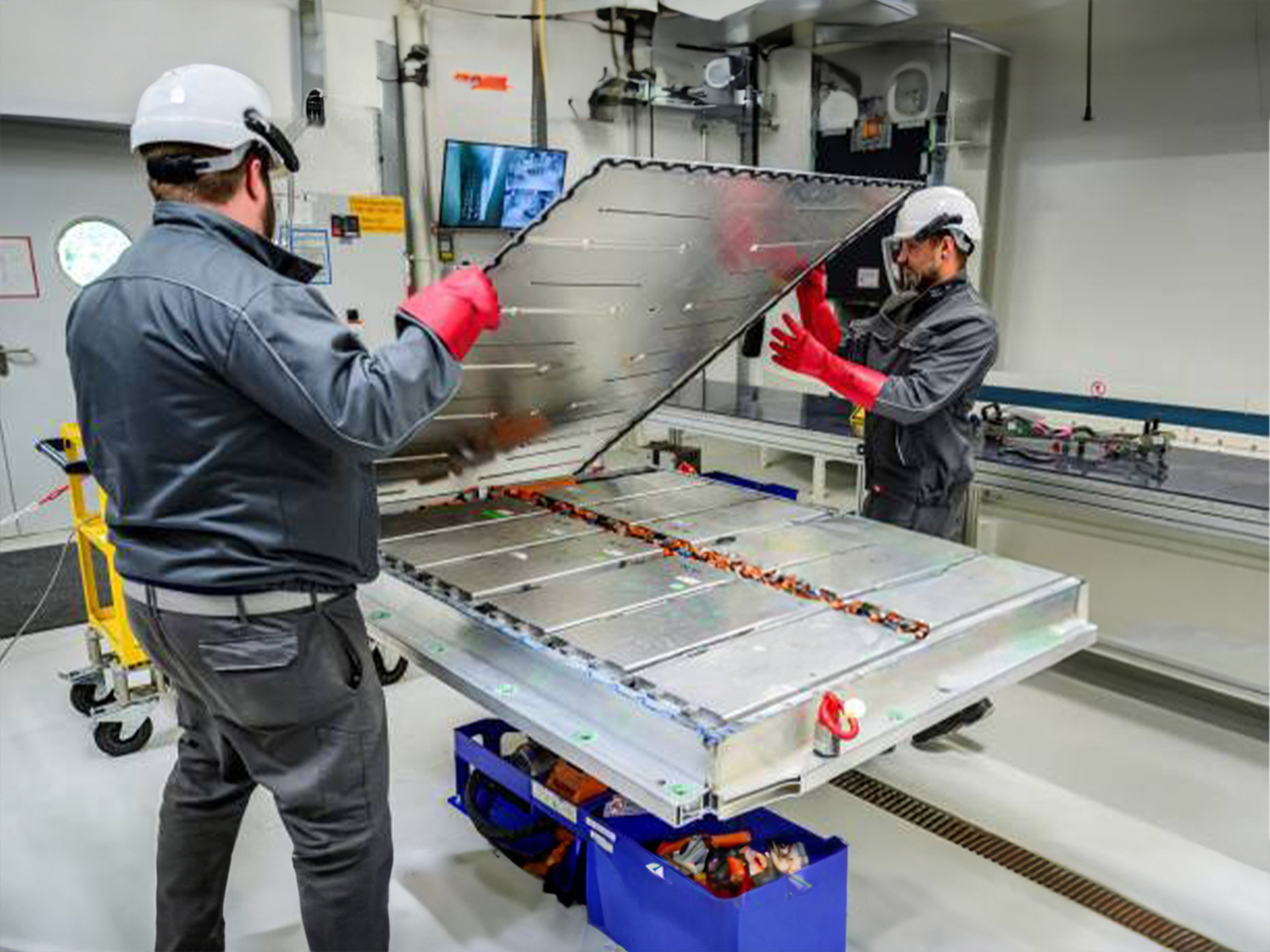
The EV Battery Recycling Problem
As India accelerates its transition to electric vehicles (EVs), a major challenge looms—battery
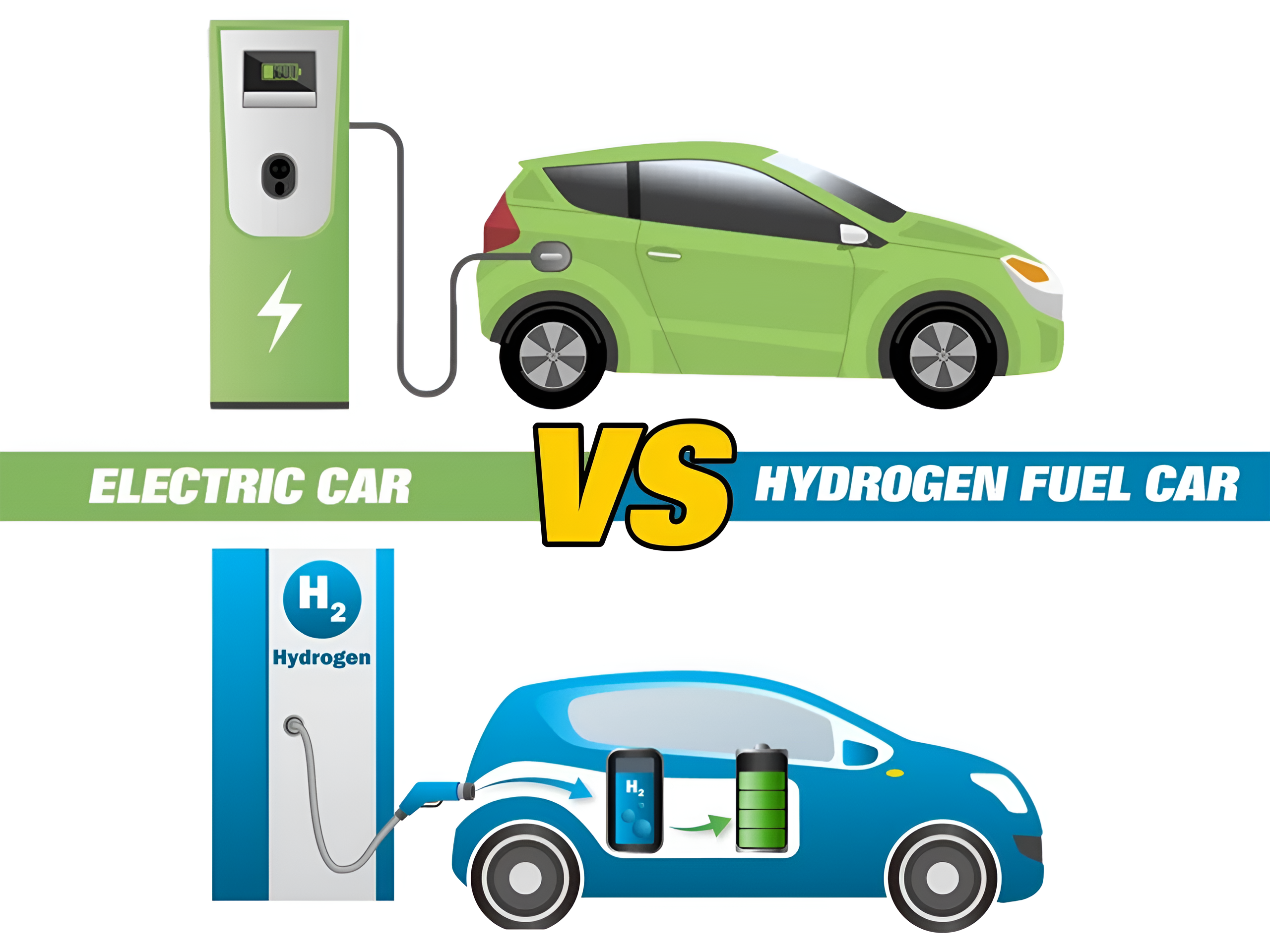
Hydrogen vs Electric
India is at a crucial juncture in its transition to sustainable transportation.
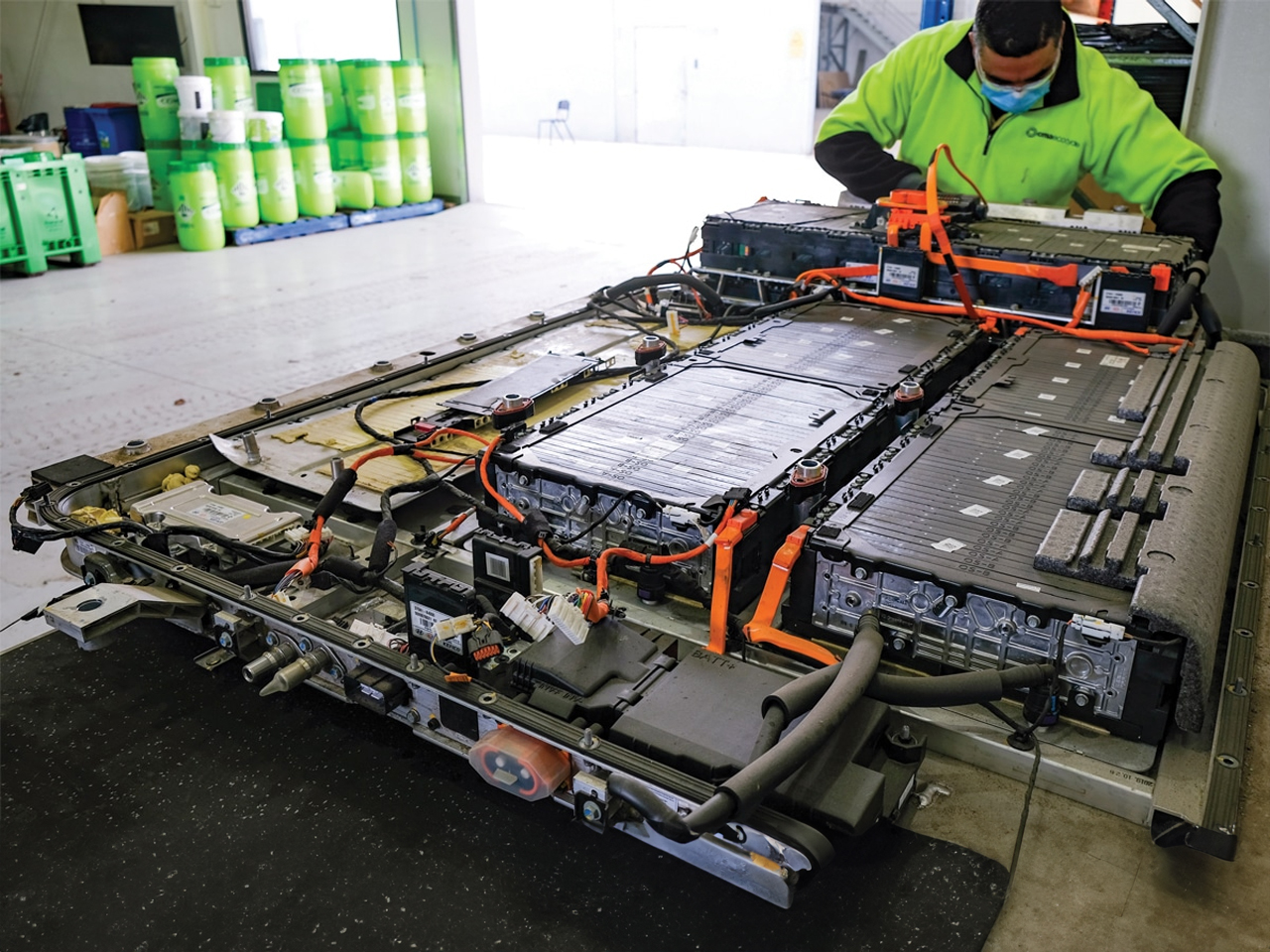
The Future of EV Batteries
Electric Vehicles (EVs) are at the forefront of the global transition to clean mobility
